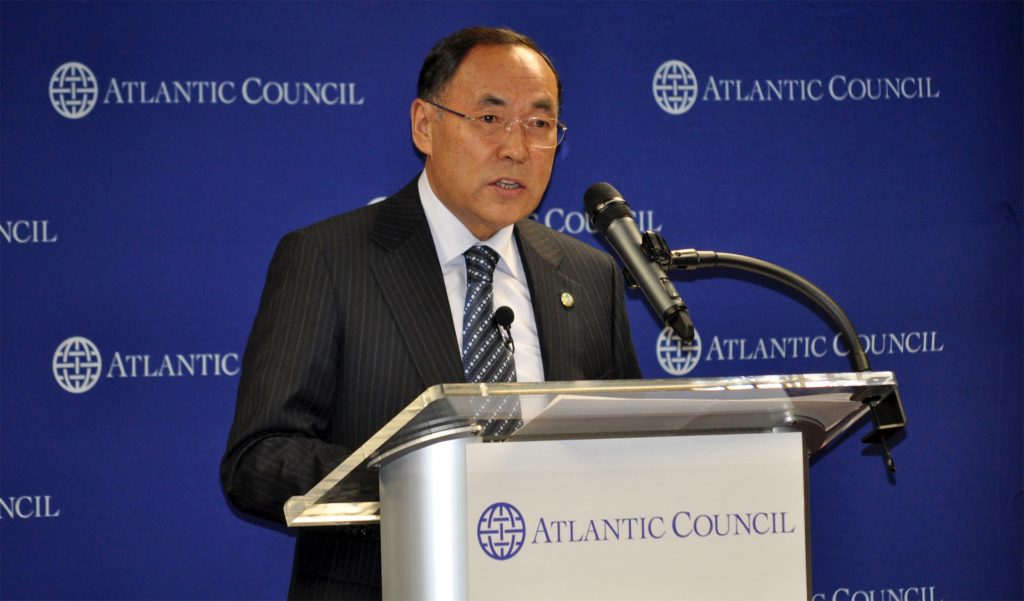
The omens are good, the stars in a benign juxtaposition: during recent hearings on the hill, Kazakhstan’s foreign minister Kanat Saudabaev and hearing participants struck a common note on a number of strategic issues. We may be witnessing the birth of a much needed strategic partnership.
Now that Kazakhstan is chairing the OSCE, hopes often expressed in the U.S. that all the OSCE baskets will be addressed thoroughly are apparently shared by the organization’s leadership-in-office. In a recent speech before the Atlantic Council, Saudabayev proposed holding a summit to bring the OSCE in line with the 21st-century tasks it now faces (the last OSCE summit was in Istanbul in 1999), including the issue of power distribution within the organization.
Kazakhstan’s position regarding the third basket, a sticky point in the past, now seems much better defined. In November, Kazakh President Nursultan Nazarbayev stressed in Vienna Kazakhstan’s adherence to the basic Helsinki principles and the country’s commitment to the Corfù process. Kazakhstan’s advancements – in particular nationalities and minorities’ rights and freedom of mass media and human rights – have been strong in recent years. A Human Rights Project strategy is available for 2009 to 2012.
The U.S. has to commit proactively to the Organization, which in its absence is obviously unbalanced. A constructive way to do that may be to hold a Review Conference along with the Summit, the date for which has not yet been set.
Many other stars call for enhancing the already good relationship between the U.S. and Kazakhstan. A bright one in the constellation is the adoption of reality: the legacy of the Cold War in Eurasia must at last be put to rest if today’s challenges to security and conflicts are to be tackled. Kazakhstan is instrumental for winning and stabilizing Afghanistan and for opening the region to the south. More importantly, it is also indispensable if a new mechanism of security and cooperation is to be used for a true Eurasian integration on the basis of European and transatlantic values. Other obvious factors in support of developing the broadest U.S.-Kazakhstan strategic partnership include transportation and transit infrastructure, energy security, dealing with nuclear threats while promoting nuclear power and economic security.
At present, this strategic partnership in the making is yet fragile and may be dashed by factors at play. One such factor is Iran and its nuclear ambitions, which are clearly unacceptable to the U.S. but somewhat played down by Kazakhstan. The prospect of using the OSCE’s platform to promote Russia’s proposal for a new European security pact is also of concern to the U.S., but Kazakhstan will find it difficult to turn down Russia’s request to discuss it in the Organization, to which Russia belongs. Such issues would be best resolved precisely by a Review Conference prior to the Summit, an opportunity that the U.S. and Kazakhstan should embrace.
In the past, the U.S. has supported Kazakhstan in its effort to become a leader in nuclear non-proliferation, to the great benefit of both. Kazakhstan is supportive of the U.S. in the post-9/11 world. Both countries share views about energy, food and economic security. The list of common agenda items can easily be extended into many other important areas of cooperation. It is time to give the OSCE review process a chance – and in doing so, hopefully firm up a truly strategic U.S.-Kazakhstan partnership.
Boyko Nitzov is Director of Programs of the Dinu Patriciu Eurasia Center at the Atlantic Council.
Image: Saudabayev_0.jpg
